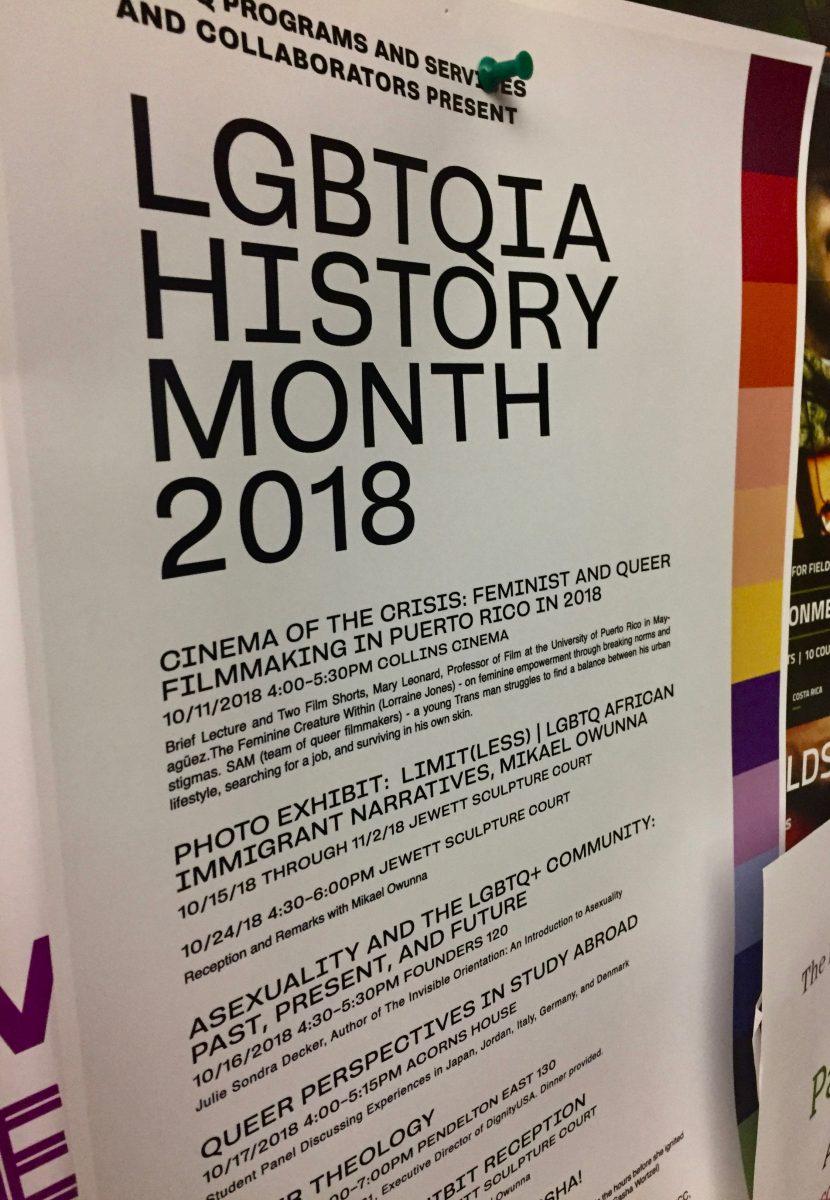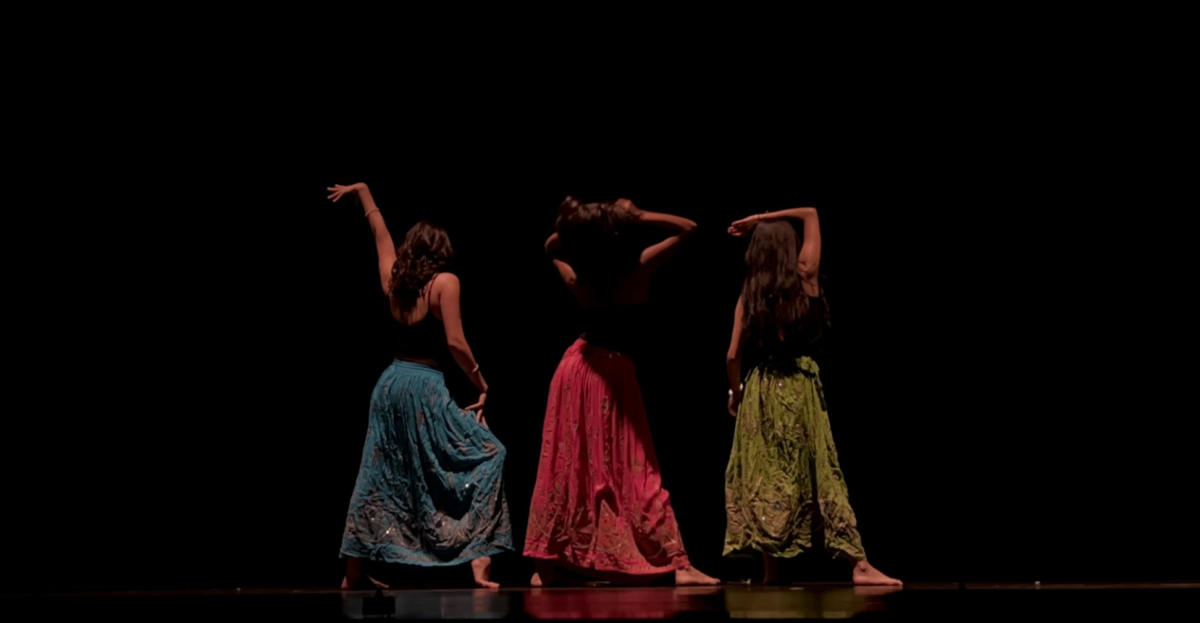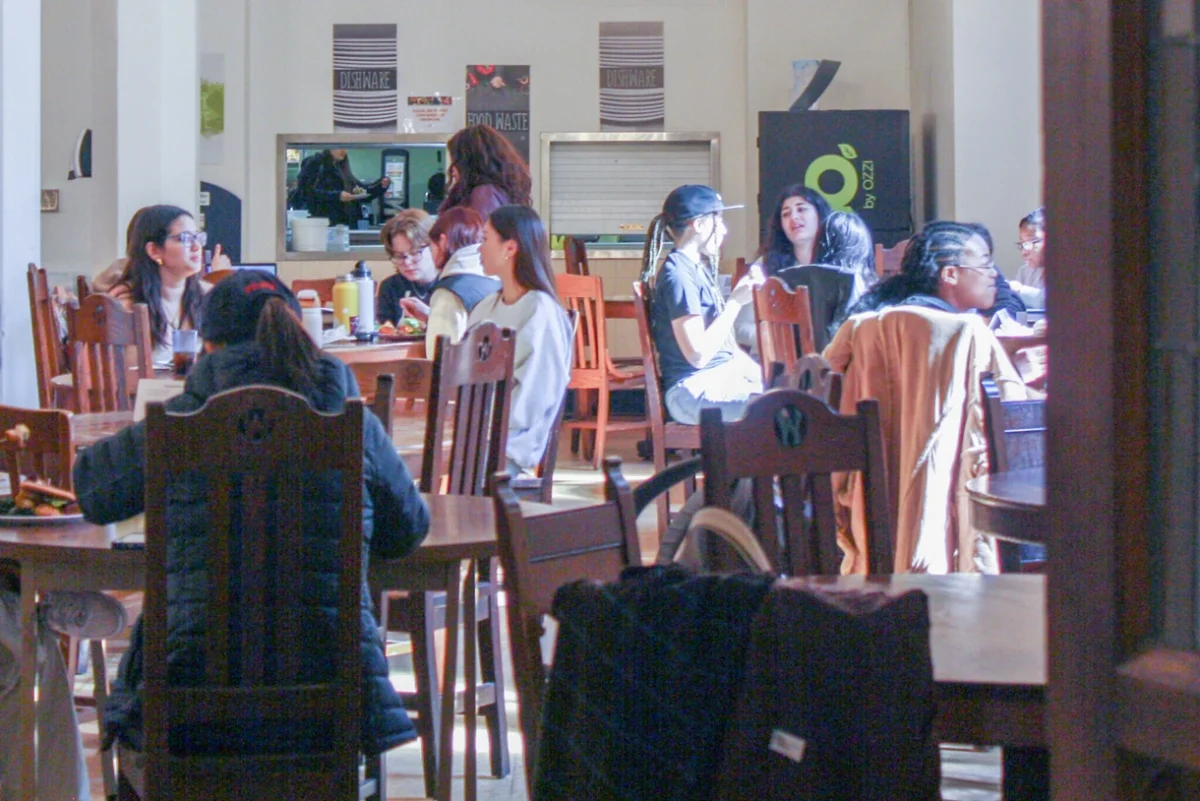Starting the first year of college is a universally intimidating experience. But for LGBTQIA+ students, that transition can be particularly daunting. Students may be closeted or may have faced difficulties after coming out at home; they may be concerned about finding community and resources in college; they could be seeking a space to explore their identity and come out on campus. Dr. Leah Fygetakis, assistant dean of the Office of International Education and adviser to LGBTQIA+ students at Wellesley, is working to improve and expand the ways in which the college reaches out to these students.
As Wellesley has begun to teem with student life again in the fall, organizations are starting back up, program and event spam is flooding into inboxes and students are getting their bearings on campus. All of this means that now is the busiest time of the year for Fygetakis. The assistant dean been working overtime to ensure that everyone adjusts well in the first few months of the year.
“I want to help give them that jumpstart,” Fygetakis said.
That mission is the same every year, but this fall in particular, Fygetakis has been ramping up the efforts. As adviser to LGBTQIA+ students, Fygetakis is the point person to organize all of the programs and activities that get students adjusted to the campus and help them find that community that every college student seeks.
“The first month of a student’s experience is really, really important … it can set the tone for how the rest of their semester goes,” Fygetakis said.
In the beginning of the year, Fygetakis convenes LGBTQIA+-identifying first years as well as leaders from different groups and organizations on campus, such as athletic, social and academic clubs. This way, younger siblings then have the chance to connect with the leaders who have a similar identity or interest and can learn about campus culture, academic environment and supportive resources that might be available.
Fygetakis hopes this may help some first years breathe a sigh of relief after they arrive. In a follow up survey, 70 percent of those who participated said they were going to maintain the connection they made with a leader at the event and 80 percent said that this helped them to confirm that Wellesley was the right choice.
After that, Fygetakis has another popular program: LGBTQIA+ bigs and littles. Fygetakis was thrilled to have matched 160 siblings this past fall. With that accomplished, Fygetakis is now focusing on what might be the busiest month of the year: October is LGBTQ history month, and Oct. 11 was National Coming Out Day. In the spirit of the month, the Office of LGBTQ Programs and Services is going to offer a host of new programs and services that will encompass as many LGBTQIA+ and questioning students as possible.
With the help of peer connectors, who have assisted in planning and facilitating the programs, Fygetakis sent out a community poll to gauge interest in events such as community theater, a “Rainbow Melodies” listening party for music by queer artists, a spoken word event or a meetup at an LGBTQIA+ venue in the area.
“These are low-key ways for people to get to know other students … we’re getting a really great response so far,” said Fygetakis.
The hope is that these events might draw in students who have not been connected with LGBTQ+ life on campus but are looking for a way to get started. It’s also possible, Fygetakis said, that these could draw students to get involved with one of the number of LGBTQ+ organizations at Wellesley. With the amount that correspond to different gender identities and sexualities, they can be hard to keep track of.
Currently, Wellesley’s active LGBTQ+ organizations are blackOUT, Familia, Tea Talks, the Queer and Trans South-Asian Coalition (QTSAC), Wildcards and Siblings. BlackOUT, Familia and Tea Talks represent Black, Latinx and Asian LGBTQ+ siblings respectively. Wildcards welcomes students who are on the asexual and aromantic spectrums (a-spec); Siblings is for those with nonbinary and transgender identities.
The organizations often collaborate and overlap. In addition to sponsoring campus events together, some come together under QTPOCC – the Queer and Trans People of Color Coalition, comprised of BlackOUT, Familia, Tea Talks, and the QTSAC. The coalition serves as a way for these organizations to plan events and connect with each other. Finally, as of last spring, the Queer and Trans President’s Council was created as another umbrella organization that fosters cohesiveness and dialogue between the groups.
For many LGBTQIA+ identifying students, these organizations become an affirming and positive place and are central to their Wellesley experience.
“Our goal is simply to make a safe space where students … can process life, connect and decompress,” said Rose Horowitz ’20 of Tea Talks.
Tea Talks does not sponsor or organize events on campus. But the lack of email spam from them and other LGBTQIA+ organizations does not mean that they are inactive.
“They’re always meeting the social and supportive needs of members,” explained Fygetakis. Instead of being outwardly active, they are simply hosting weekly meetings and providing resources for those involved in the organization.
Similarly, since its inception in fall of 2015, Wildcards has stayed low-key.
“We like to do the occasional outreach-type event to educate people on a-spec identities, but our primary purpose is and always has been just to provide a home for a-spec students on campus,” said Helen Andersen, the vice president of Wildcards.
Still, Andersen added that it is “very possible” that as the organization grows, it will take a more active role on campus. To that end, they sponsored their first big event on October 16 — a speech by Julie Sondra Decker, author of The Invisible Orientation, a popular book on asexuality and aromanticism. Wildcards is also looking forward to an “A-Spec 101” panel to be held next semester, where students can learn about the identities, correct misconceptions they might have and pose questions to a-spec students.
Whether the LGBTQIA+ organizations are planning events each weekend or just providing a calm, safe space for members, for many students they make Wellesley feel a lot more like home.







